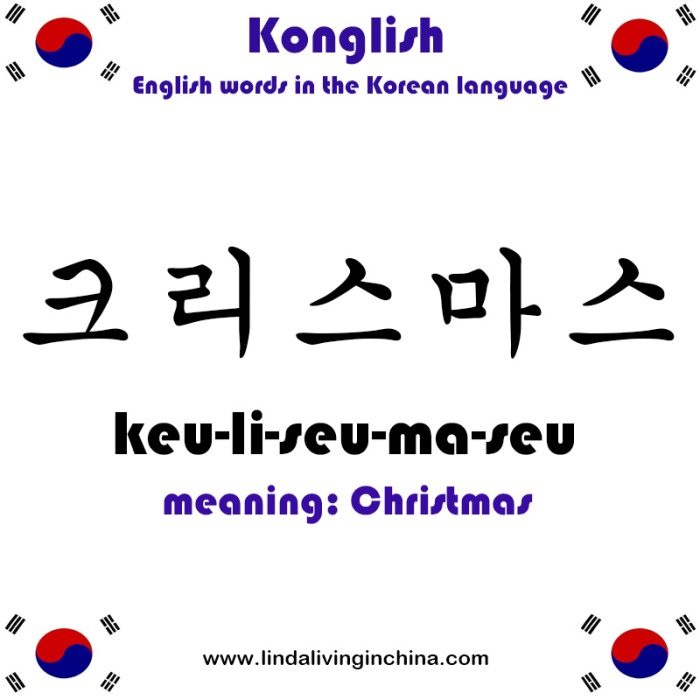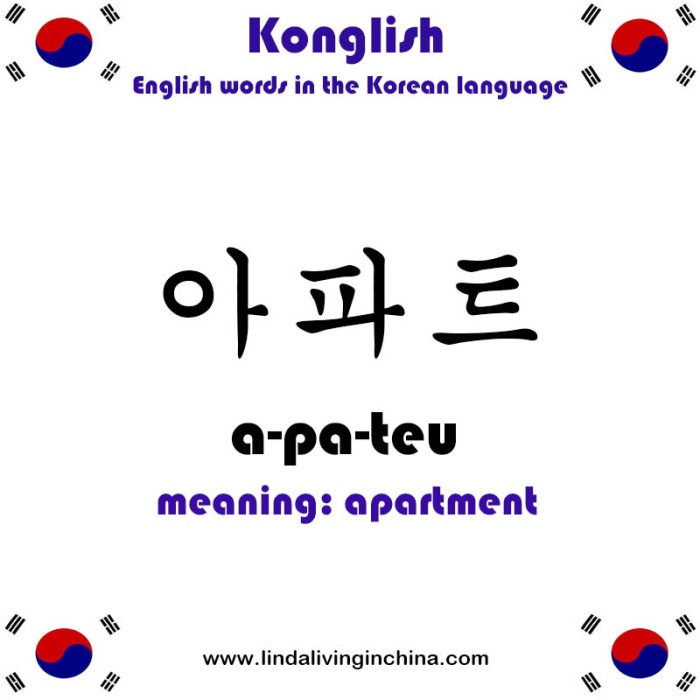Can I have a keop of keopi?
When you ask a
random person what are the similarities between Korean and English, he or she
will probably answer that there are none. Why should they be similar? These are
two different cultures that didn’t have many opportunities to mix and interfere
with each other throughout the history, especially at times when the Korean language
evolved. If you also think that way… you are very much mistaken. English, since
the second half of XX century, had a huge impact on Korean vocabulary and it
still has. It is a common phenomenon which helps developing the language. It’s
called loanword and means a word adopted from one language and incorporated
into another. In most cases it happens because of a simple need. We want to
name something but we don’t have a proper word for it in our native language.
So we take a word from another language and adapt it to our grammar and
pronunciation. Polish language also contains a lot of loanwords but probably
you’ve never thought about it a lot. For example komputer which derives from
English computer or garaż – from French garage.
But returning to a Korean vocabulary, there is a great number of words
that comes from English and are widely used on daily basis in Korea. You can’t
tell it at a first glance because obviously, they are written in Hangeul (Korean
alphabet) but when you listen to them you can easily recognize English words from
which they are derived. And in most cases, well… you’ll laugh. Why? Because the
Korean pronunciation of a words that you got used to is rather amusing. You
need an example? There we go: 아이스크림 (
aiseu-k’eurim)
is … can you guess? Well yeah… it’s ice cream. They also don’t have the “f”
and “v” and they replace them with “p”. So for example Facebook is pronounced in that way: pe-i-seu-buk, and video – bi-di-o.
I prepared a list of the most common Korean words that sounds like
English ones and mean the same thing. The romanization of Hangeul (convertion
from Korean alphabet to latin script) can be tricky and it’s not always accurate
representation of a sound in Korean language, so make it easier for you to read
them, I also prepared some pronunciation tips. Here they are:
1)
eu
– read it like polish “y”
2)
y
– like polish “j”
3)
ae
– it’s just polish “e”
4)
eo
– you can say it’s a sound between polish “a” and “o”. Try to read an “o” with
your mouth wide open.
키스 ( ki-seu) – kiss,
오렌지 (o-ren-ji) – orange,
라디오 (ra-di-o)
– radio;
In this case the romanization of a letter “ㄹ” is “r” but Koreans pronounce it a little bit
different,
게임 (ge-im) – game,
아파트 (a-pa-teu) - apartment,
카드 (ka-deu)
– card,
쇼핑 (syo-ping)
– shopping,
버스 (beo-seu)
– bus,
슈퍼마켓 (syu-peo-ma-ket)
– supermarket,
주스 (ju-seu)
– juice,
컴퓨터 (keom-pyu-teo)
– computer,
콜라 (col-la)
– Cola
or Coke,
햄버거 (haem-beo-geo)
– hamburger,
텔레비전 (tel-le-bi-jeon)
– television,
파티 (pa-ti) - party,
커피숍 (ko-pi-syop) - coffee shop,
파티 (pa-ti) - party,
커피숍 (ko-pi-syop) - coffee shop,
바나나 (ba-na-na) – do I really have to write this one?
캐나다 (kae-na-da)
– Canada,
라스ㅔ가스 (la-seu-be-ga-seu) - Las Vegas (probably my favourite one)
산타 (san-ta) - Santa Claus
라스ㅔ가스 (la-seu-be-ga-seu) - Las Vegas (probably my favourite one)
산타 (san-ta) - Santa Claus
컵 (keop)
– cup. Good to know this one when you want to drink some 커피 (keo-pi).
You probably had no clue how many words in Korean you already know and believe me, there are more. Now you can add another language to your
CV.
If you want to hear how these words really sound like, here is the video you should check. Have fun!
If you want to hear how these words really sound like, here is the video you should check. Have fun!


Comments
Post a Comment